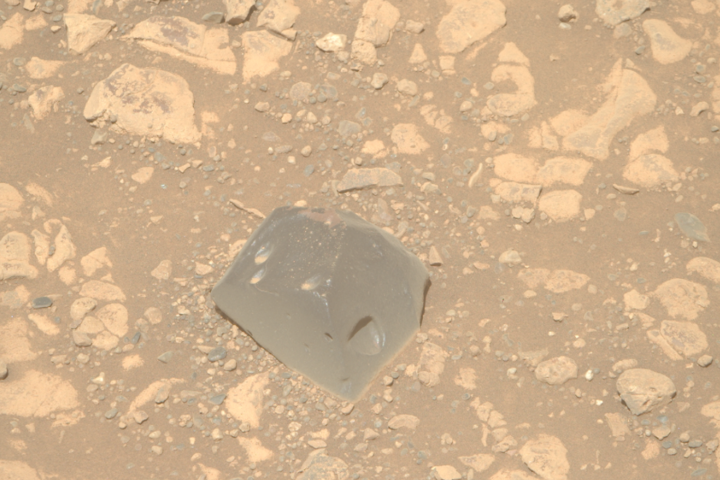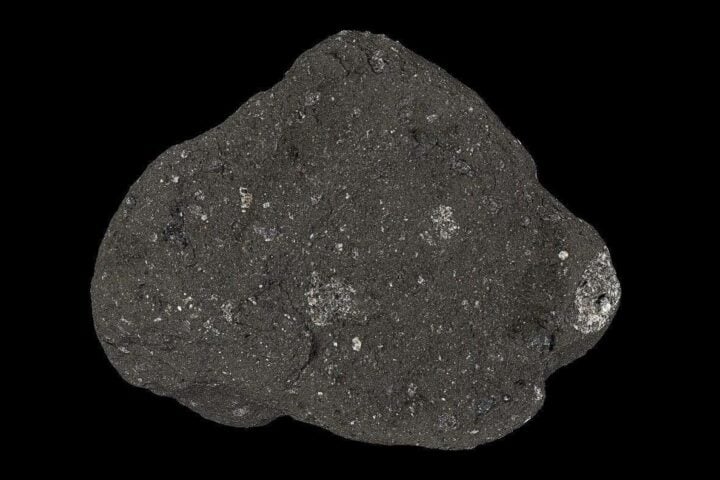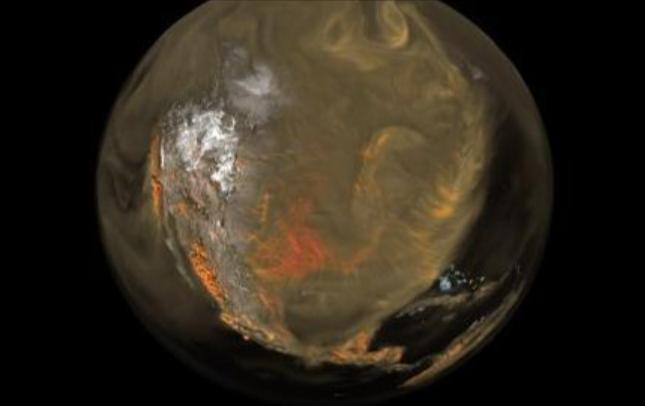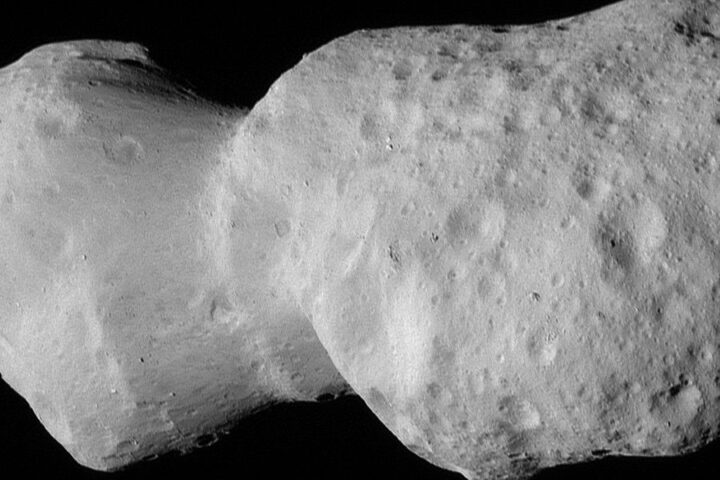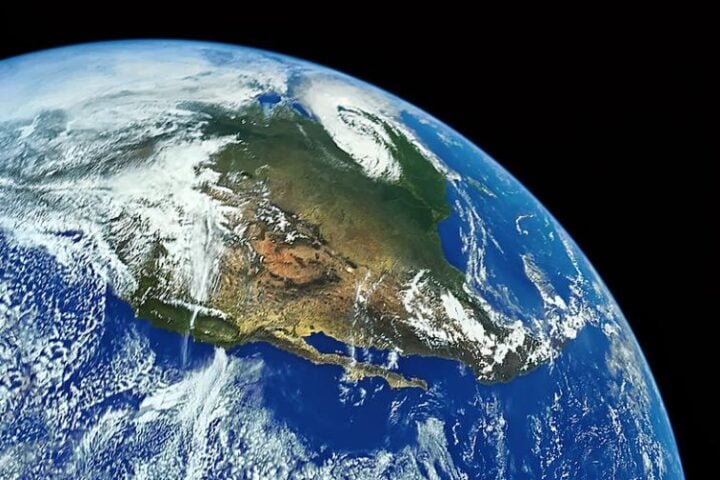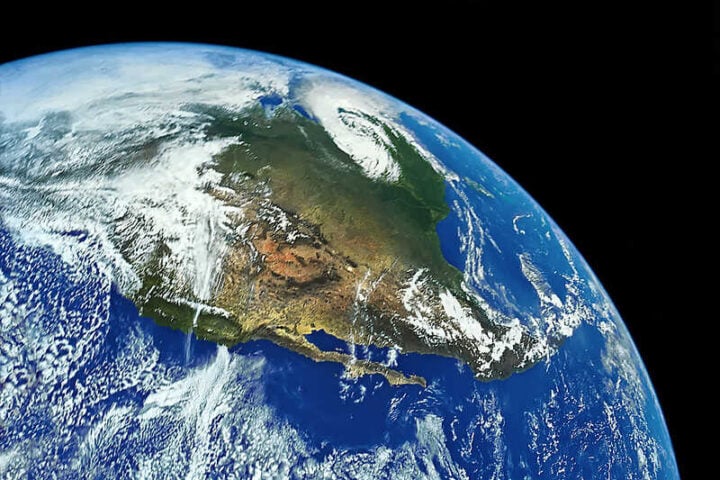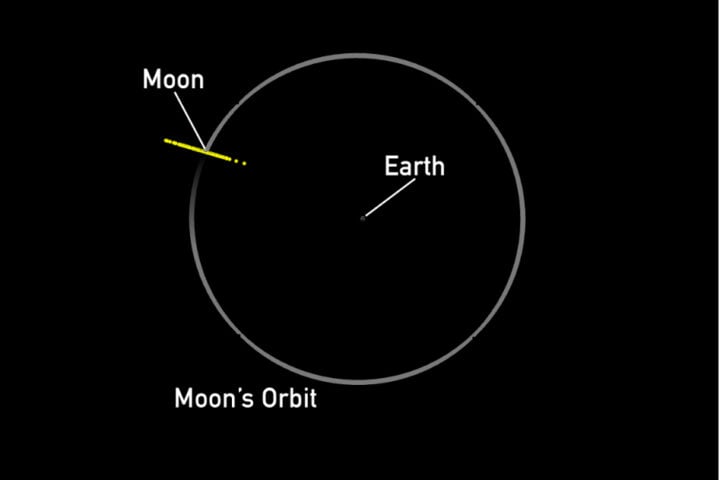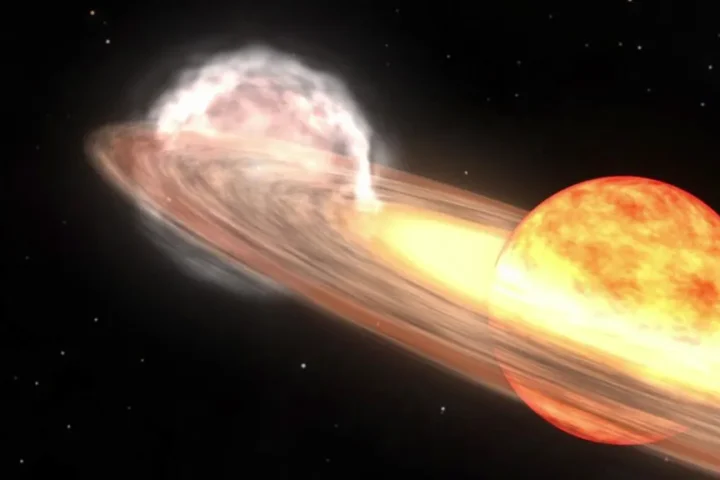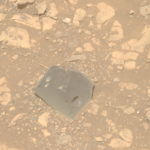In the vast expanse of the universe, the question of extraterrestrial life has always been a topic of intrigue and speculation. Dr. Michelle Thaller, a seasoned scientist at NASA’s Goddard Space Flight Center, recently shed light on this age-old debate, suggesting that the discovery of life beyond Earth might be closer than anticipated.
At the “Beyond the Light” exhibition in New York, Dr. Thaller expressed her optimism about the existence of life on other planets, particularly within our solar system. “We’re on the brink of a monumental discovery,” she stated, emphasizing that while we don’t have conclusive evidence yet, the signs are promising.
One of the most unexpected candidates in this cosmic search is Venus. Known for its scorching temperatures and hostile environment, the planet has always been deemed inhospitable. However, recent studies have pointed to the possibility of microbial life existing in its dense atmosphere. “The clues are in the clouds,” Dr. Thaller remarked, highlighting that certain atmospheric compositions on Venus are eerily similar to bacterial processes on Earth.
But Venus isn’t the only celestial body under the microscope. The icy moons of Jupiter and Saturn, with their subterranean oceans, are also prime candidates in the search for alien life. These moons, shrouded in ice and mystery, could potentially harbor microbial ecosystems beneath their frozen surfaces.
While the prospects are exciting, it’s essential to approach these findings with a blend of optimism and skepticism. The conditions on Venus, for instance, are extremely harsh. With surface temperatures reaching 867°F (464°C), any form of life would have to be incredibly resilient. Professor Dominic Papineau, an astrobiologist at the University College of London, voiced his reservations. “The quest for extraterrestrial life hinges on the presence of liquid water,” he explained. “While Venus might have had water eons ago, its current state poses challenges.”
Both Dr. Thaller and Professor Papineau concur that the icy moons in our solar system present a more plausible habitat for life. These moons, with their potential subglacial oceans, could offer the right conditions for life to thrive, away from the harmful radiation of space.
The European Space Agency and NASA are already gearing up for missions to explore these icy realms. With projects like the Juice and Clipper set to launch in the 2030s, we might soon have more concrete answers.
However, the discovery of extraterrestrial life, if it happens, will not be without its challenges and implications. “Imagine the ramifications of such a discovery,” Dr. Thaller mused. “It would redefine our understanding of life and its existence in the universe.”
In the digital age, where information travels at the speed of light, it’s crucial to ensure that any such findings are communicated responsibly. Speculation can easily be mistaken for fact, and in the realm of space exploration, where every discovery has profound implications, it’s vital to tread carefully.
In conclusion, the search for alien life is more than just a scientific endeavor; it’s a journey that challenges our understanding of existence and our place in the cosmos. As we stand on the cusp of potentially groundbreaking discoveries, it’s essential to approach the unknown with an open mind, backed by rigorous science.
As the quest continues, one thing is certain: the universe, with its infinite mysteries, will always keep us guessing. And as Dr. Thaller aptly put it, “The answers are out there; it’s just a matter of time.”



